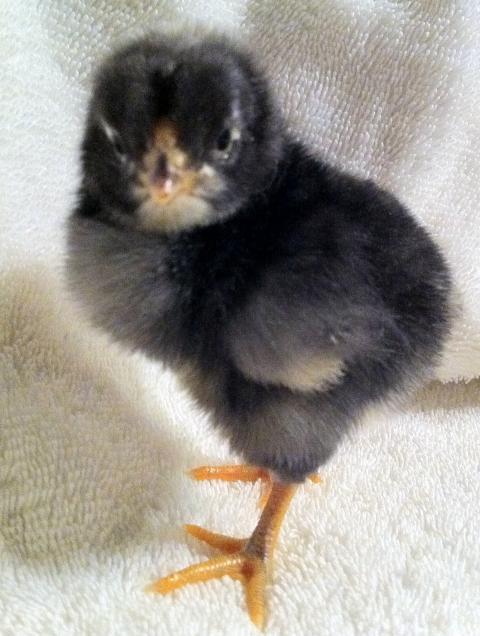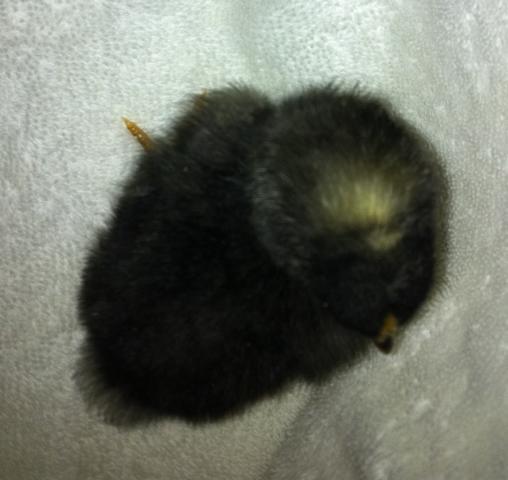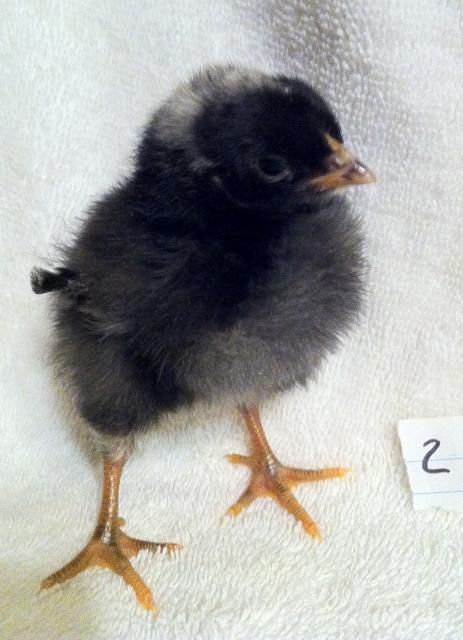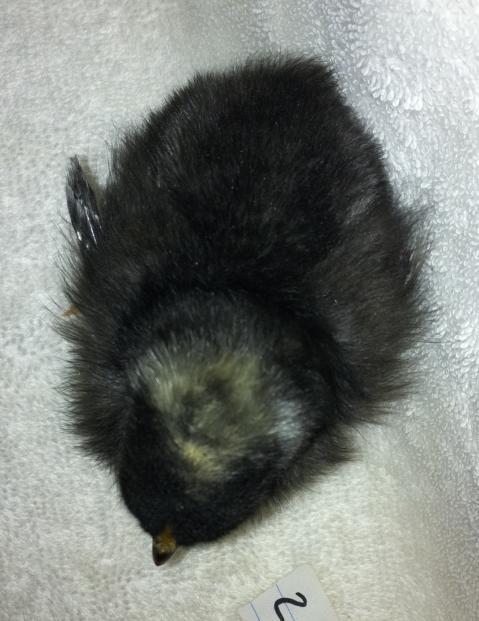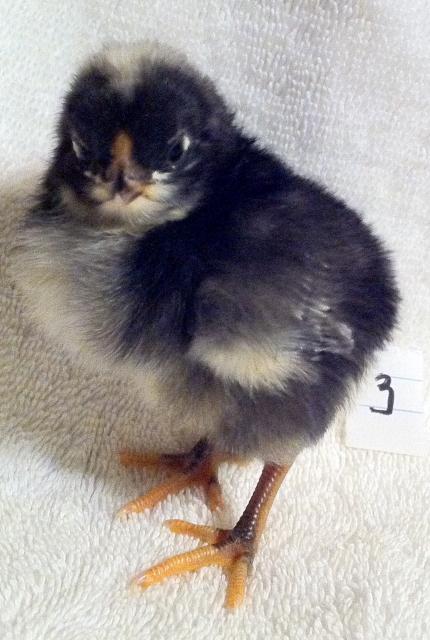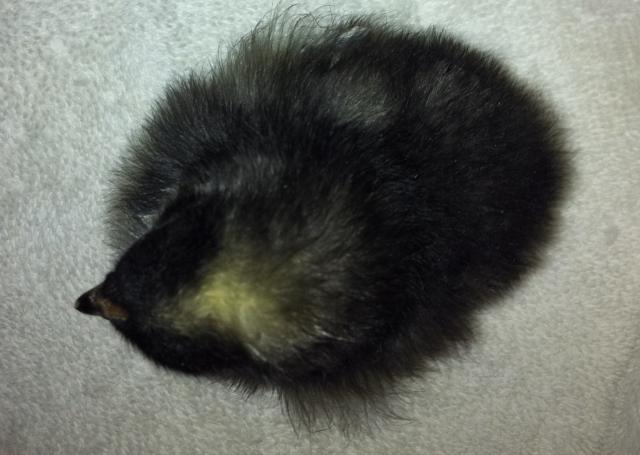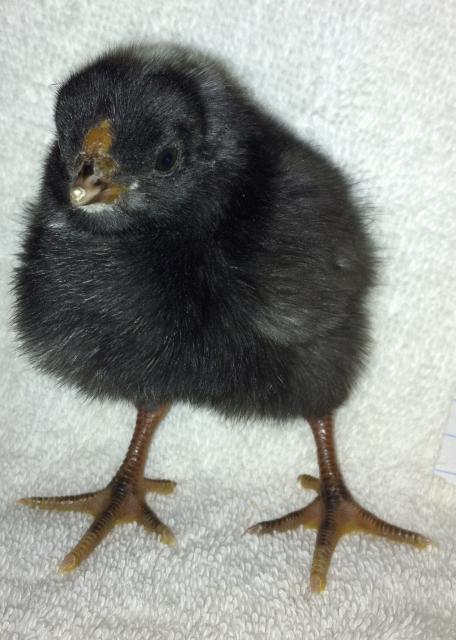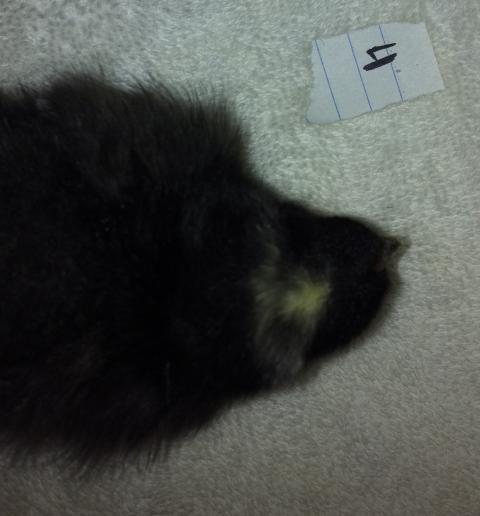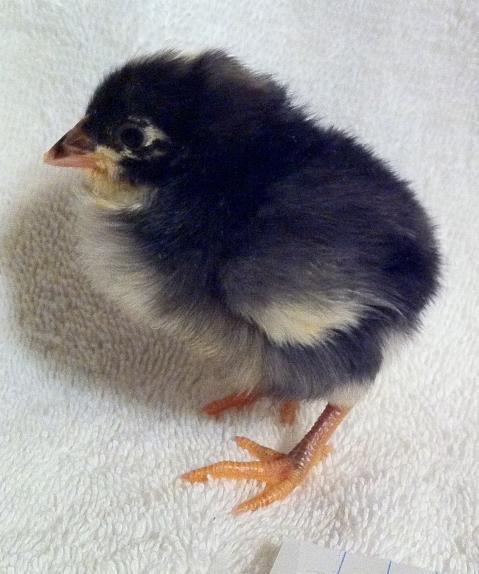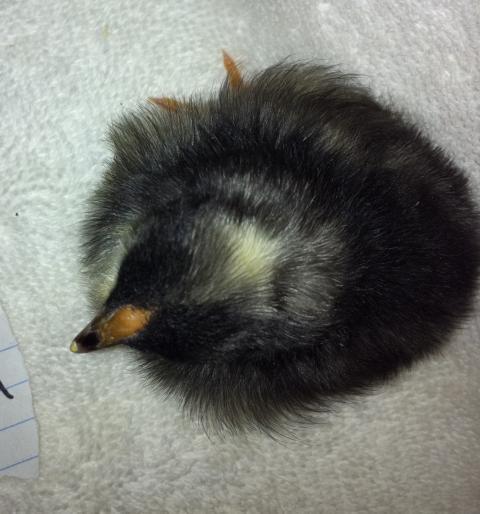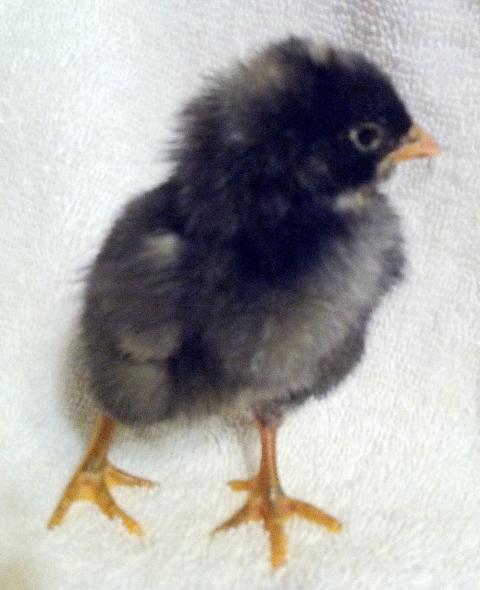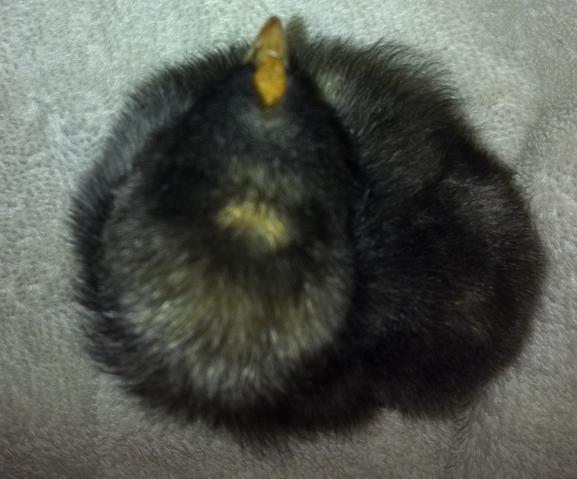Quote:
Understood. But I've noticed that some family lines continue to flock together long after they need any care. For that matter, I've had birds that were hand raised/imprinted will leave what they're doing to 'hang out"with me when I'm outside long after they were adults. I have several 5 month old cockerels that were hand raised. One of the Dominiques, when picked up, will relax and try to"trill" like a chick. I have an Ancona close to that age who is especially bonded, and when it's very cold, will come and stand at my feet and try to "huddle" between my legs. He's aware that he's a bird, he crows, and I've seen him flirting and attempting to tread hens, but his insistence on being "the baby" when I'm around is amusing and touching. I wonder if anyone has done any studies about how long a bird can recognize faces similar to the one done with sheep?
Quote:
When you say the rooster "takes over", what does he do? Call the young birds over for treats like he would a hen, or try brooding them?
Quote:
That's interesting how they don't gain their pre broody weight back. I'm assuming there is plenty for them to forage on without having to take the chicks out too far, and that they just don't eat as much, or they aren't eating enough to gain weight. I wonder what possible evolutionary advantage that would have?
Quote:
Since you're talking about when they leave the hen, rather than the time she is caring for them, the word would probably be 'fledging". While we usually think of fledging as the time it takes a hatched-naked wild bird like a Robin to grow it's feathers and leave the nest, chicks are precocial; hatched with their eyes open, covered in down, and leave the nest (with their mother) in a couple of days. the hen also cares for her chicks after they have feathered, so their fledging would be the time it takes to be able to fly and leave their mother.




